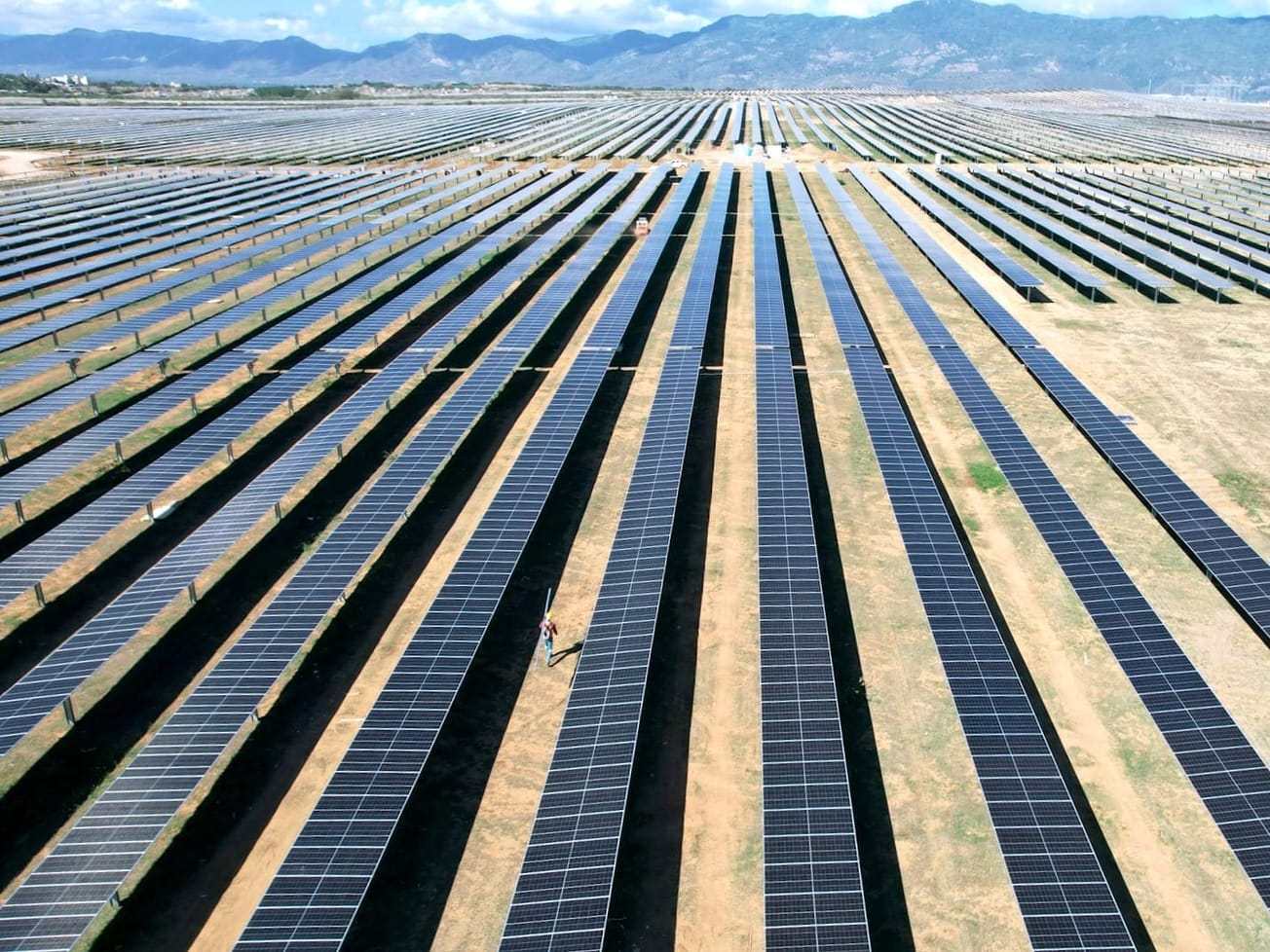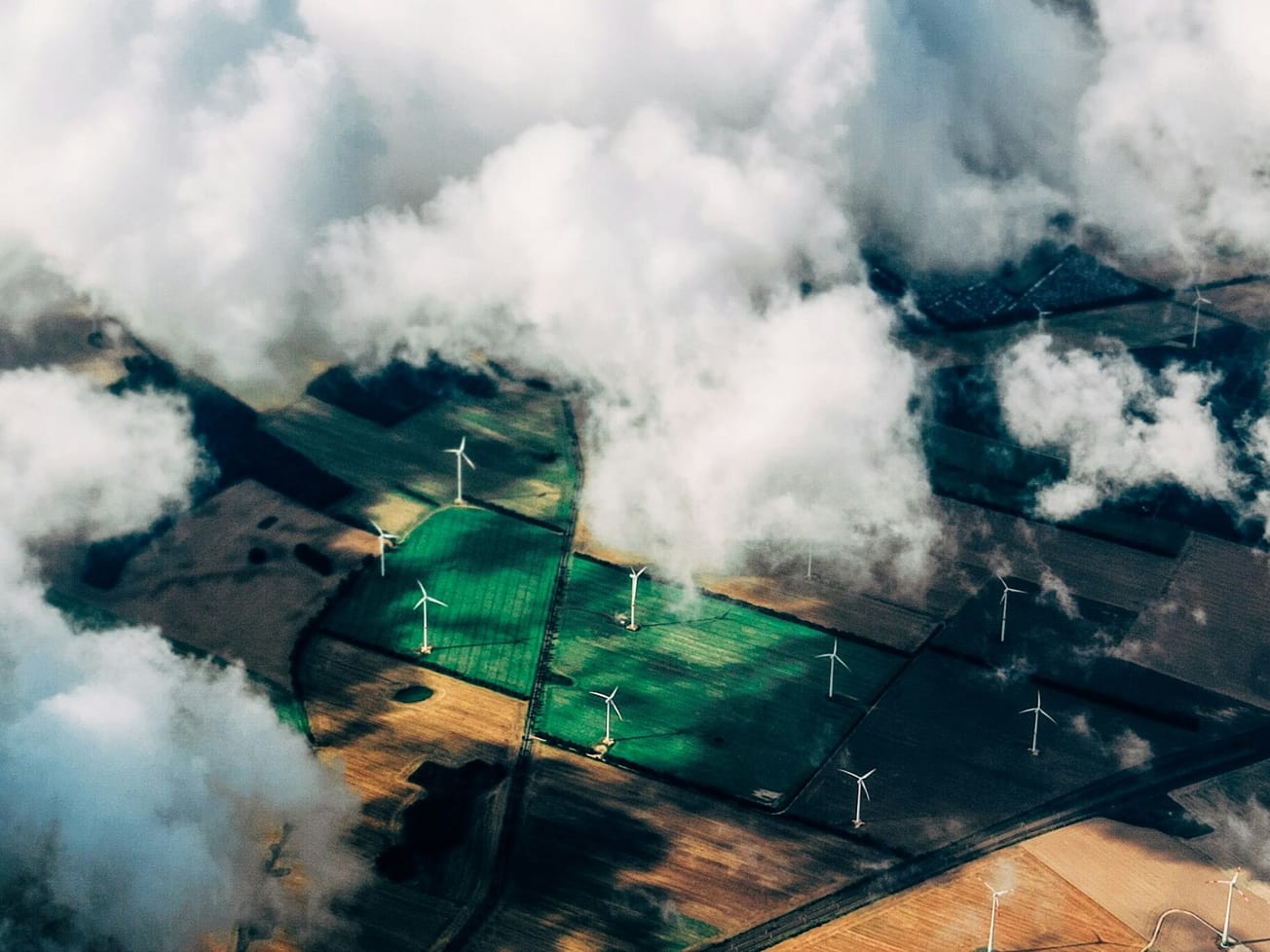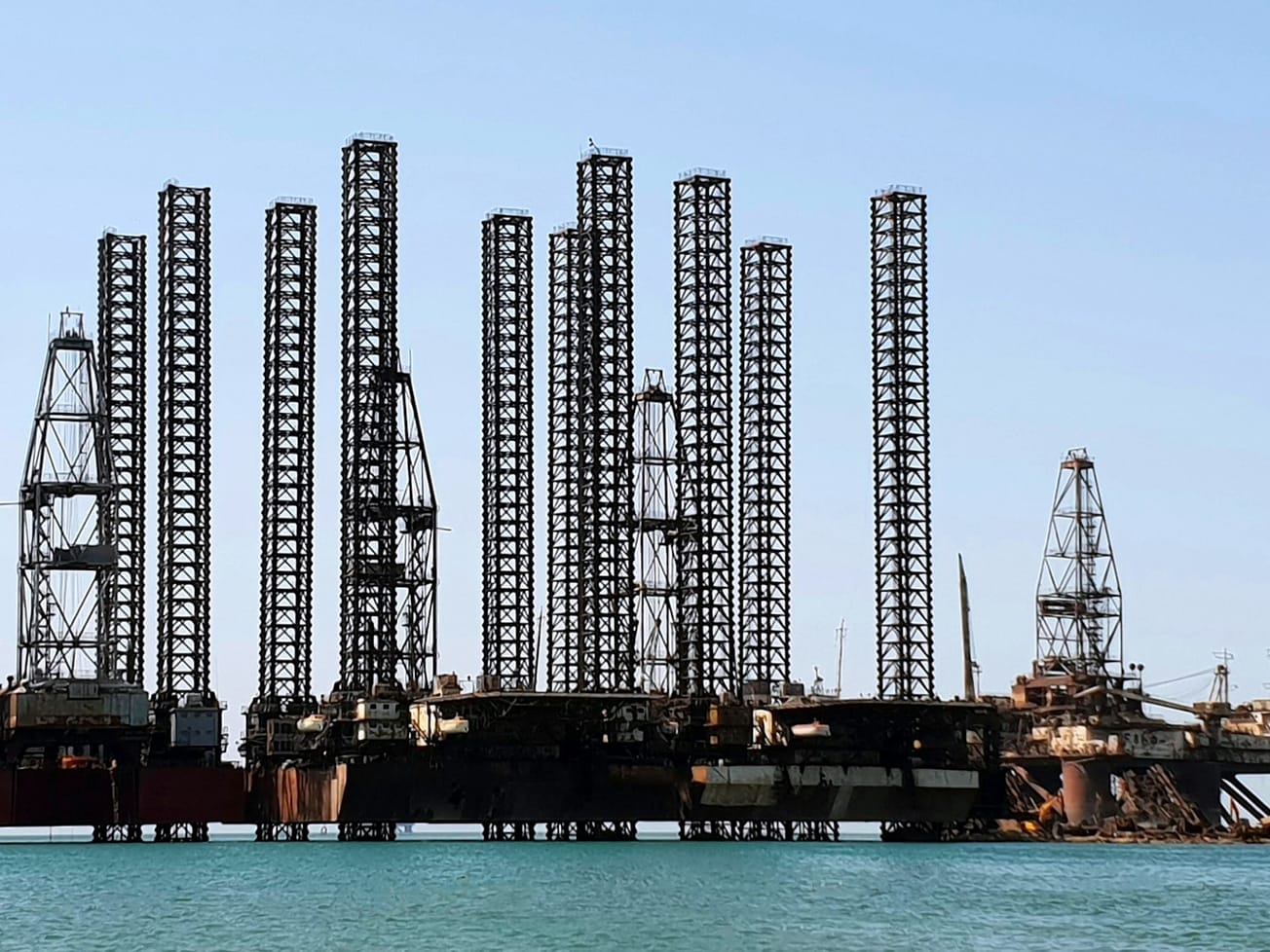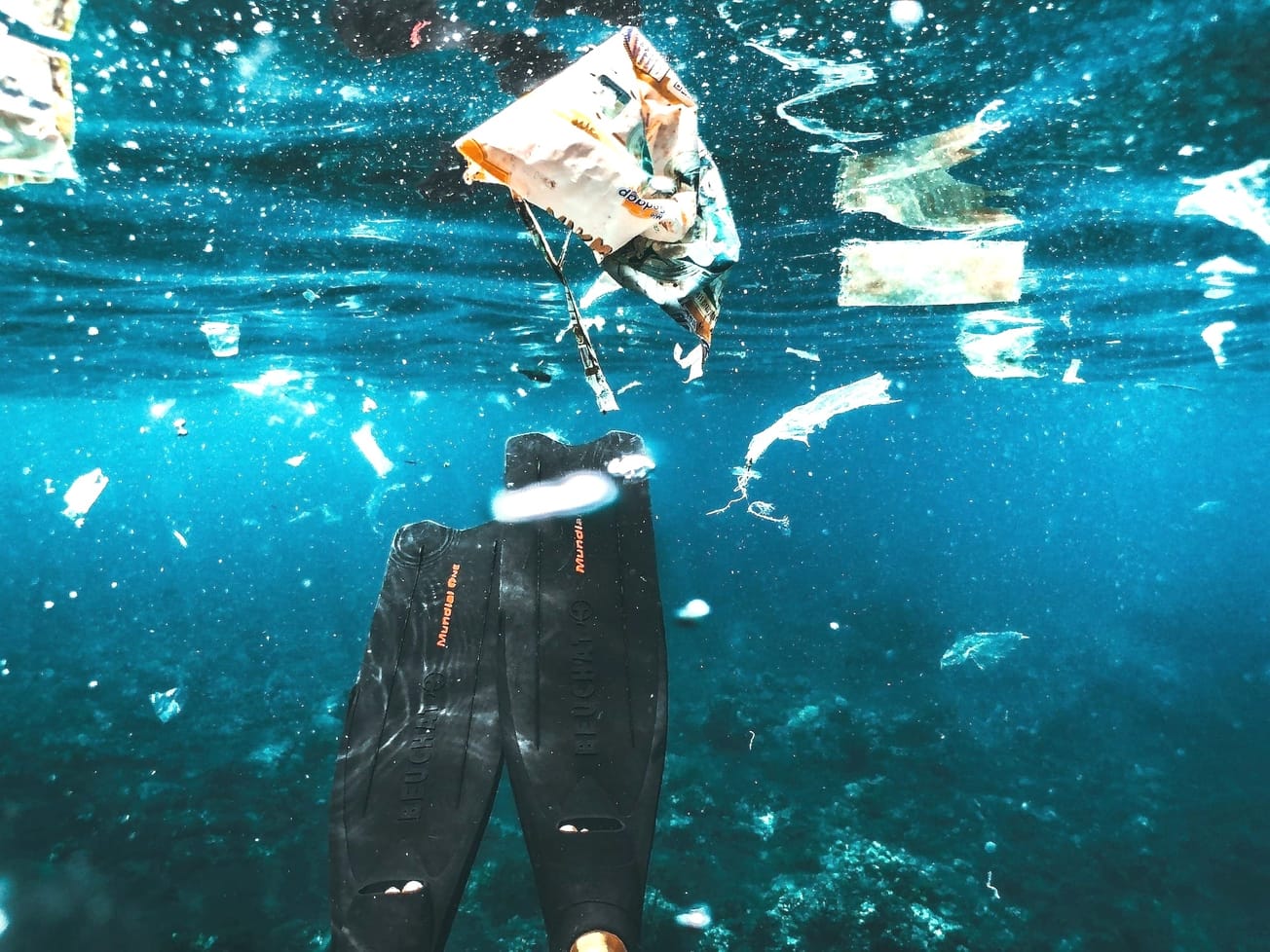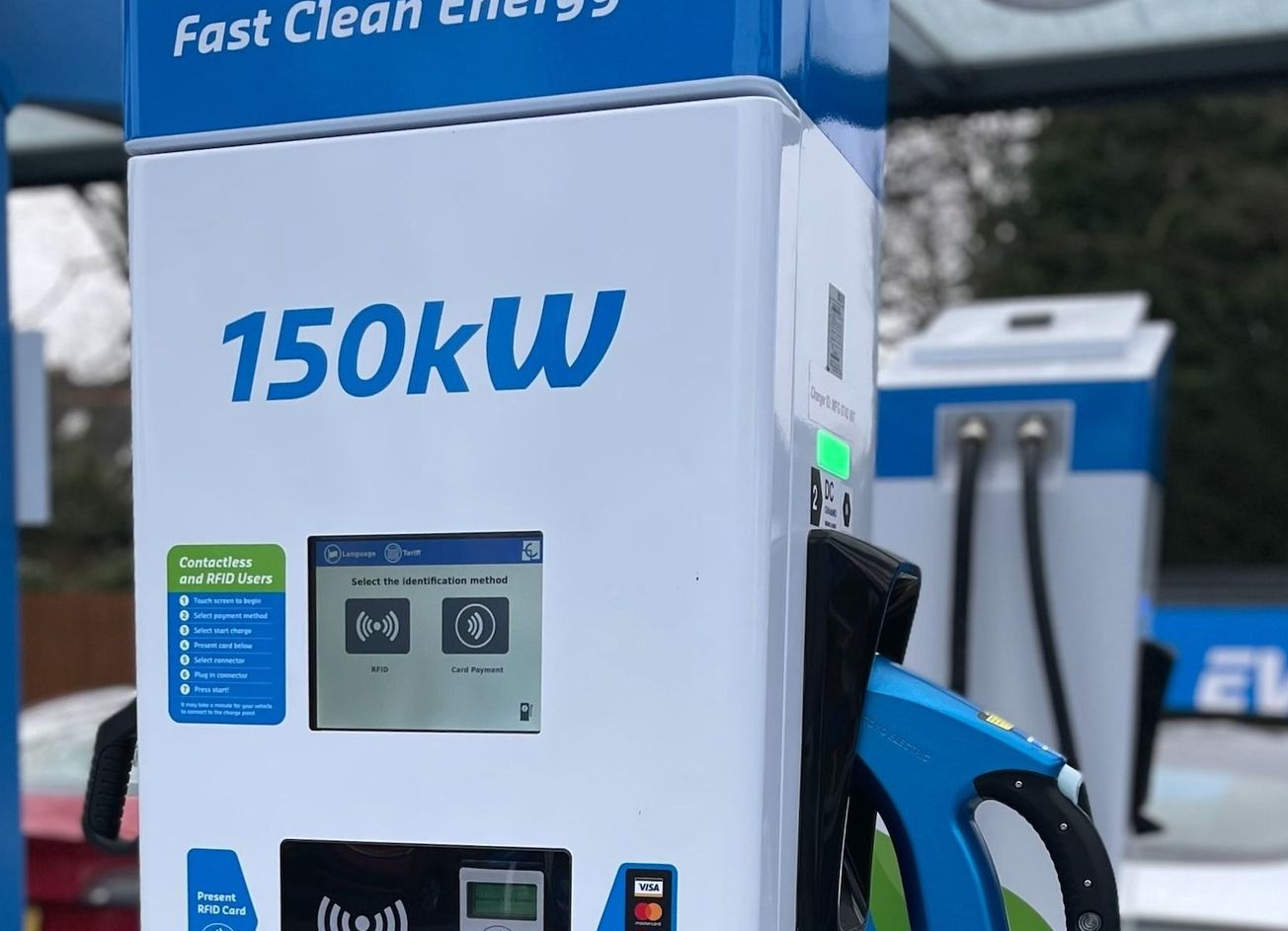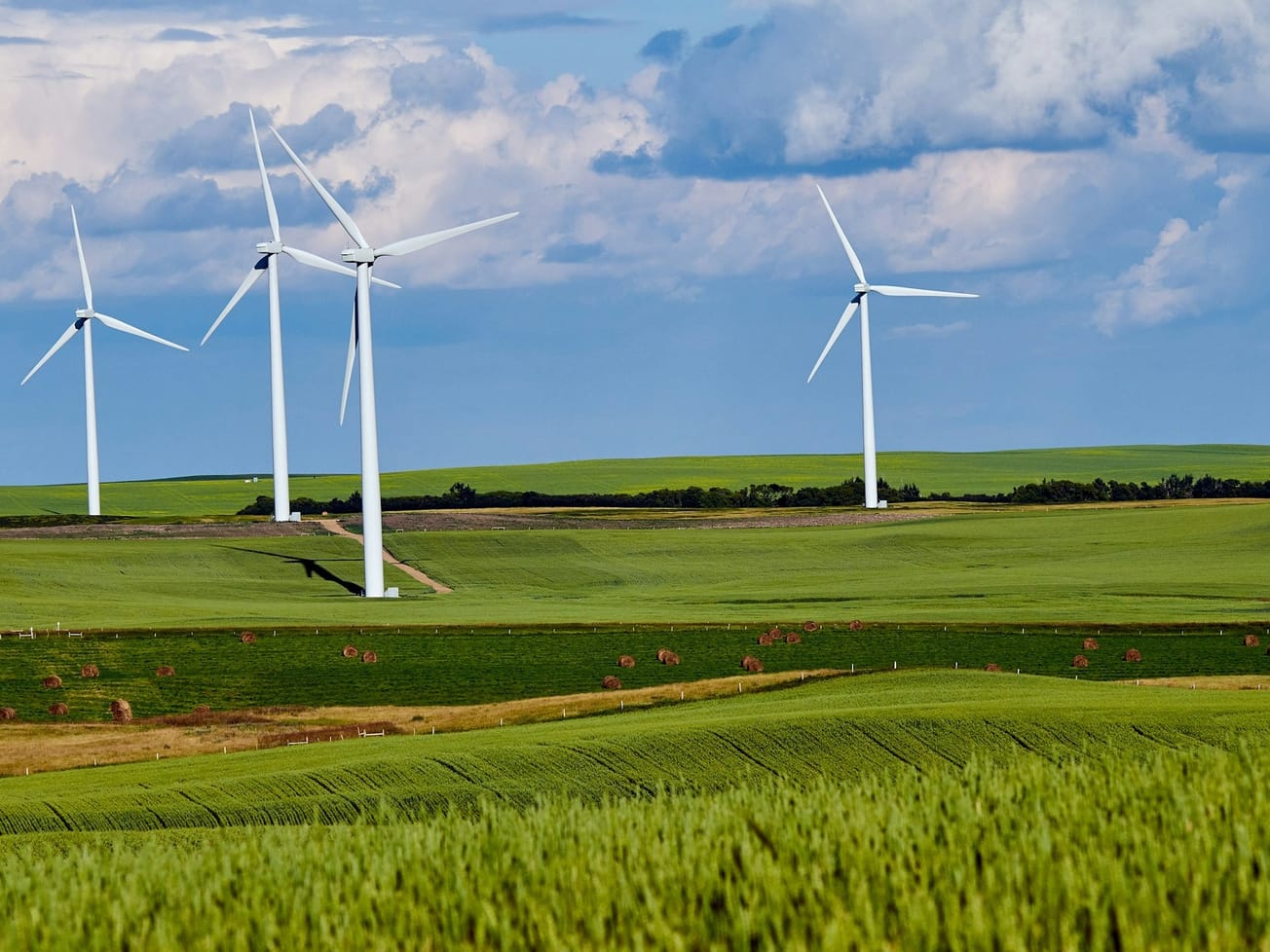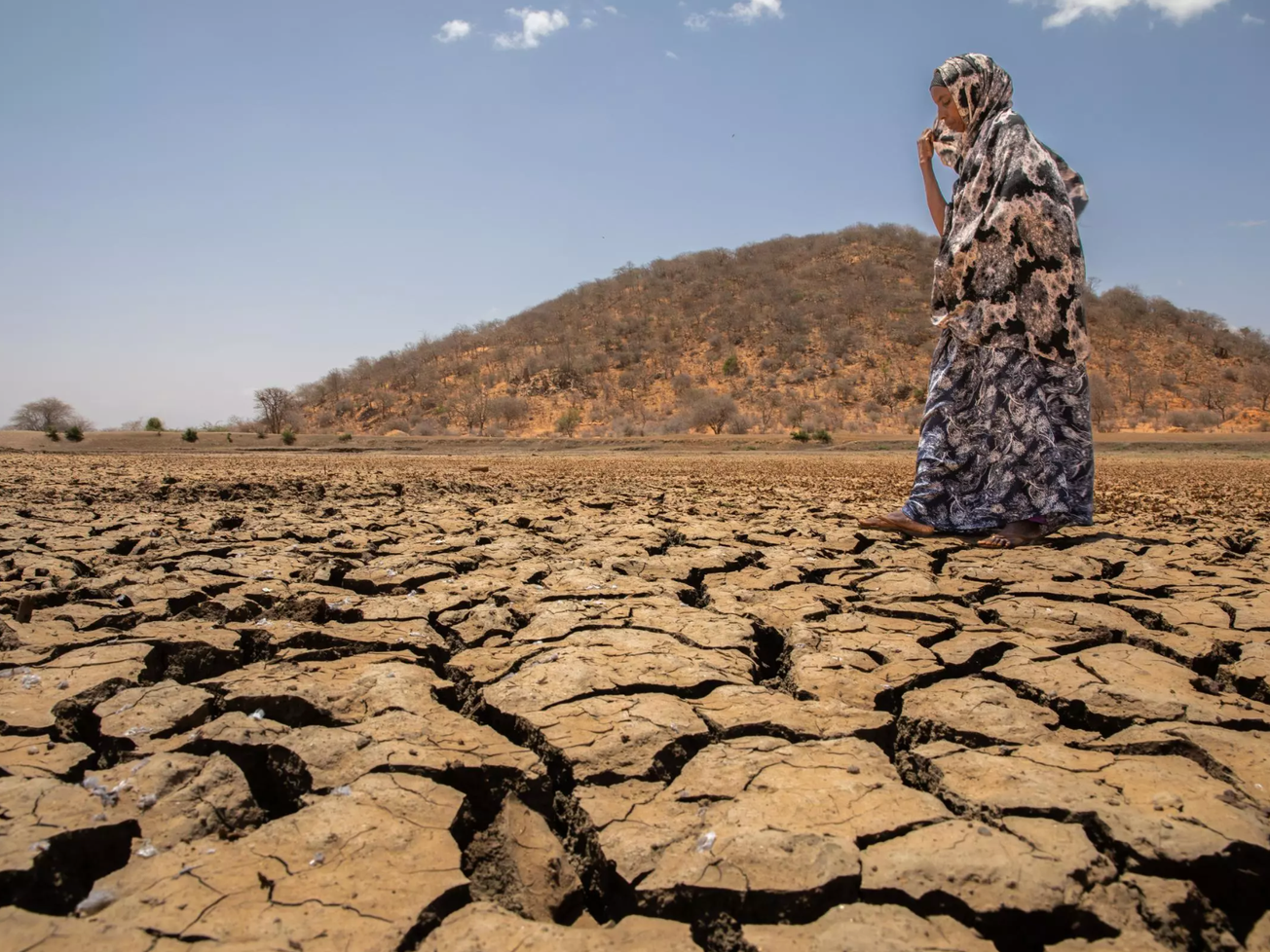
Trump's climate retreat diverges from global shift to green initiatives
Trump's speech to Davos contrasted sharply with other leaders' creation of a Global Energy Transition Forum.
Already have an account? Log in
Trump's speech to Davos contrasted sharply with other leaders' creation of a Global Energy Transition Forum.
A new report shows governments and consumers face tough choices over cheap supplies and surging electricity demand.
Some 1.9% of electricity globally was consumed by 148 digital companies, including 10 big users in Asia and the U.S.
A new IEA report shows that tripling renewables and doubling energy efficiency can be achieved with 'enabling' conditions.
The U.N. chief urges a tax on fossil fuel profits and ban on fossil fuel ads amid new climate reports of breaching 1.5°.
The spotlight on gender parity follows Mexico's push last year for a crackdown on harassment at U.N. climate talks.
A handful of fossil fuel producers show no interest in a strong, restrictive and legally binding instrument for plastic pollution.
The International Energy Agency expects a far greater role for solar, wind and other clean technologies, with 10 times as many electric cars on the road this decade.
In 2015, nations committed to hold global warming to no more than 2° Celsius above pre-industrial levels, or preferably 1.5°.
Oil producers took issue with a prediction by the energy agency's chief that demand for fossil fuels will peak by 2030.
If accomplished, the goals are significant because the industry accounts for 2.9% of global carbon emissions. Diesel powers most of the world's 100,000 cargo ships.
Some 1,475 out of 4,000+ governments and businesses had net zero emissions targets, but "integrity" measures are lacking.
Mounting frustration and anger over inaction on climate change is compounded by outrage over rising inequalities between rich and poor.
Governments and businesses increasingly look to solar and wind as reliable energy sources that will one day replace coal.
The U.N. climate summit in Sharm el-Sheikh, Egypt gives industry and agency leaders an opportunity to champion nuclear power's possibilities.
Drought, floods, disease outbreaks and a global food crisis add pressure for real action at the U.N. climate summit in Egypt.
